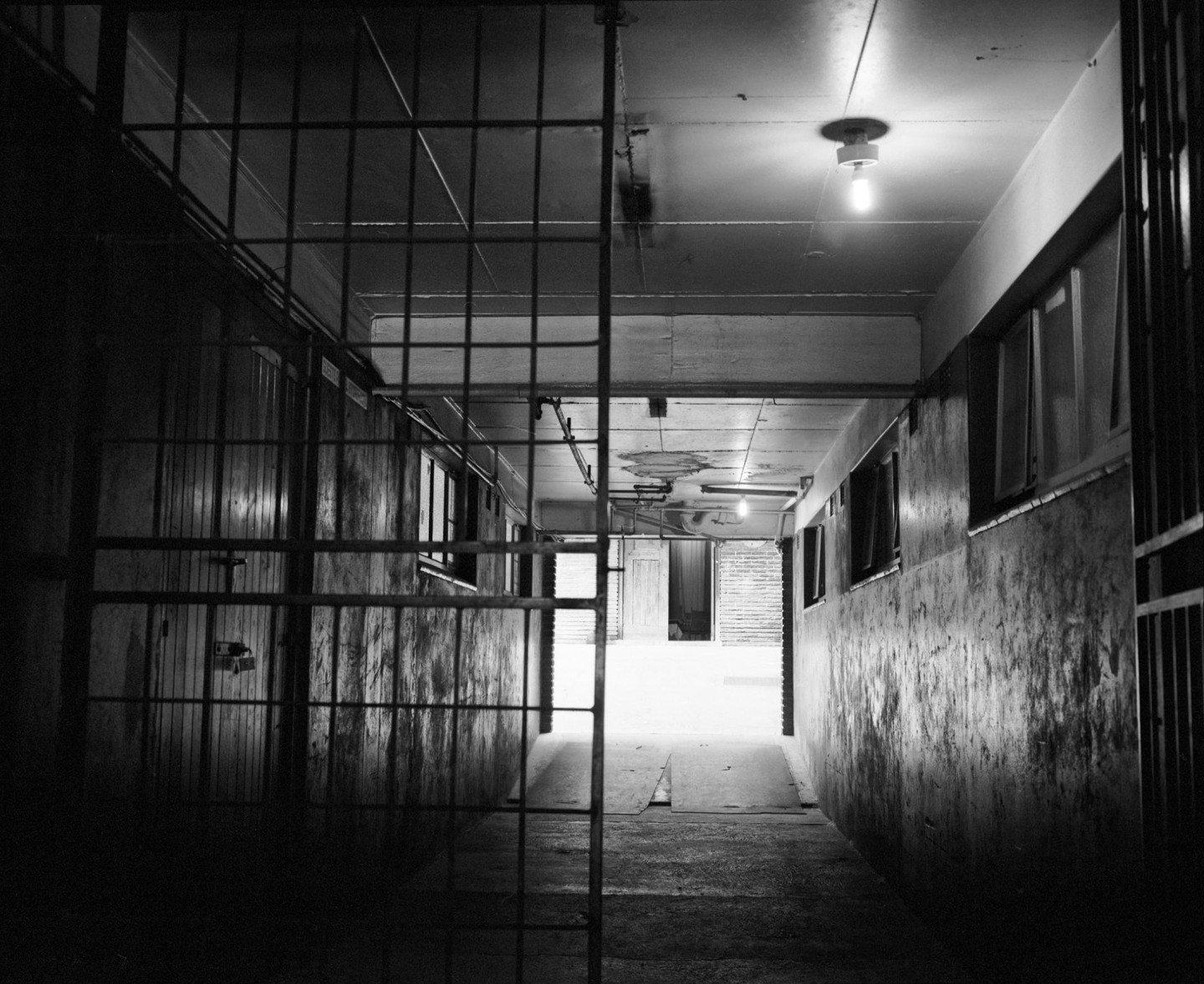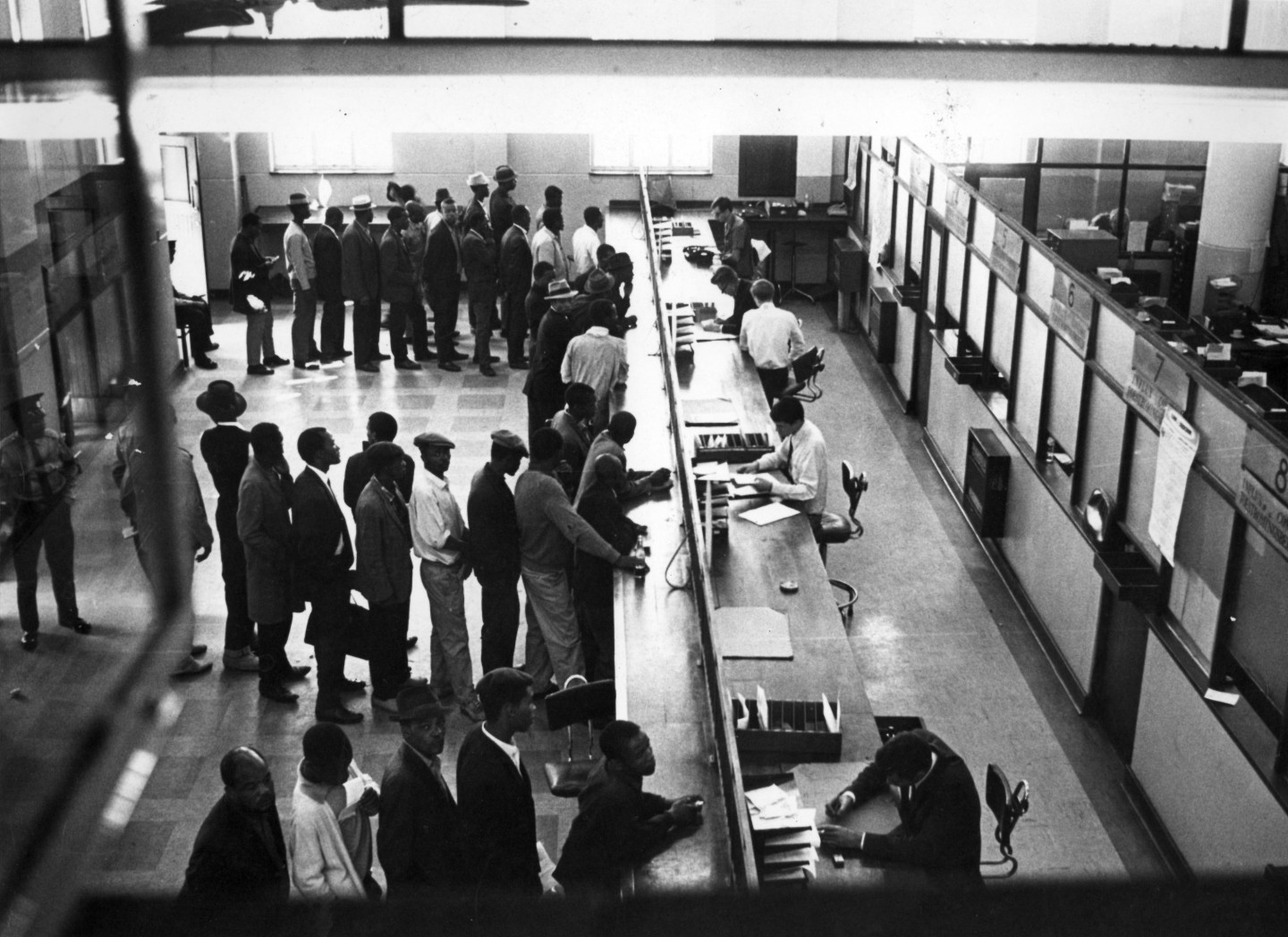This project aims to use architecture and infrastructure as a tool to address questions of colonialism and apartheid, whilst exploring the many possibilities and challenges for the future, including issues of social justice, land reclamation and urban rehabilitation, by addressing the past.
The central theme of this project is decolonisation. African academics and professionals in South Africa have begun examining ways to rethink, repurpose and reuse the colonial and apartheid architecture and infrastructure that still dominates the urban landscape and continues to shape life in postcolonial societies. There is also anincreased public awareness of the many physical reminders of South Africa’s colonial and apartheid past. Addressing the place of colonial and apartheid architecture and infrastructure in modern day society (what do we do with the remnants? which to remain – and with what function - and which to be dismantled? how to remember what happened there?) provides a possibility for South Africans, Africans and Europeans to address their shared – and contested – history.
This project therefore aims to use architecture and infrastructure as a tool to address questions of colonialism and apartheid, whilst exploring the many possibilities and challenges for the future, including issues of social justice, land reclamation and urban rehabilitation, by addressing the past. The project consists of an academic colloquium including European and African experts, complemented by a cultural programme, with artists interacting with the colonial architecture.


